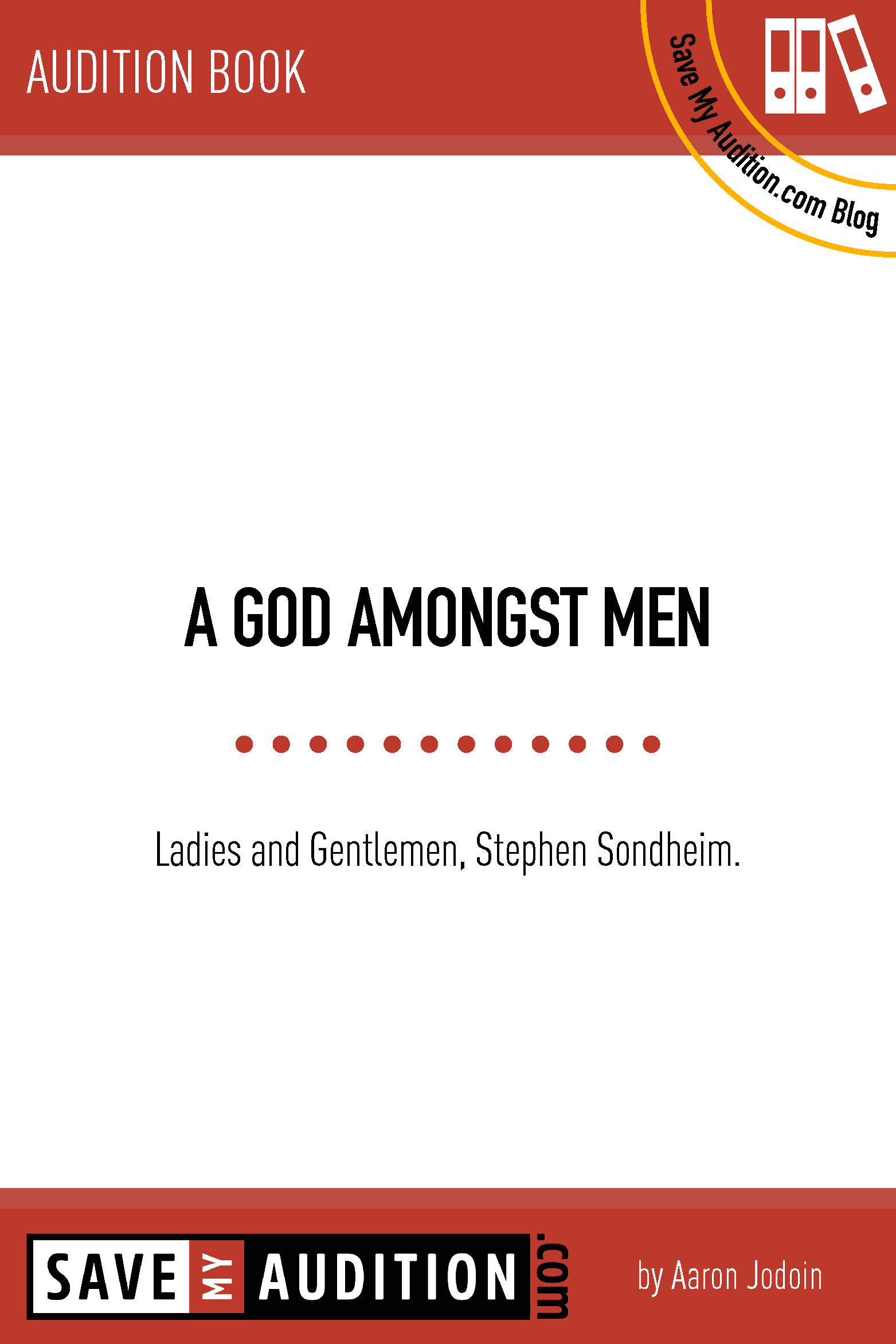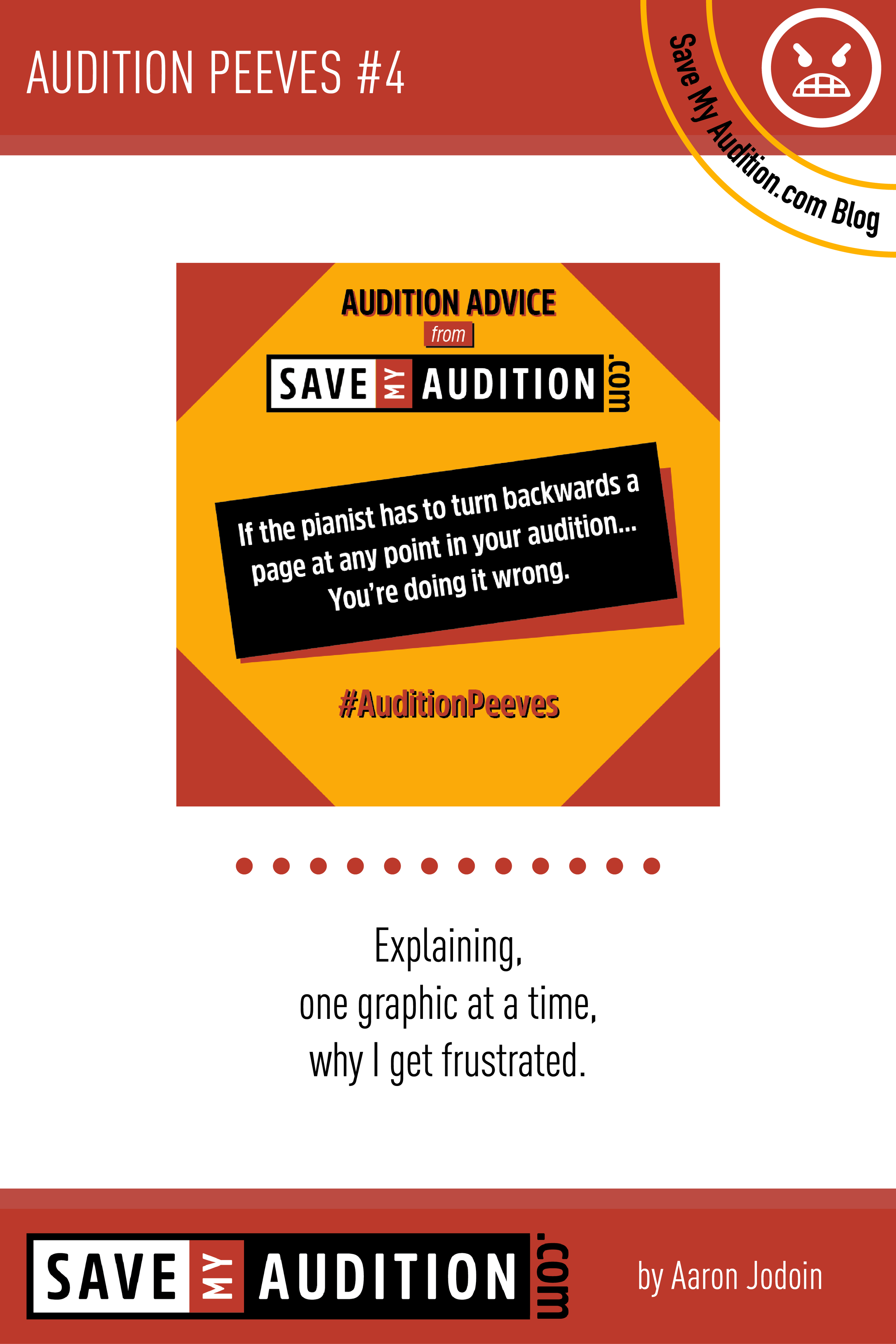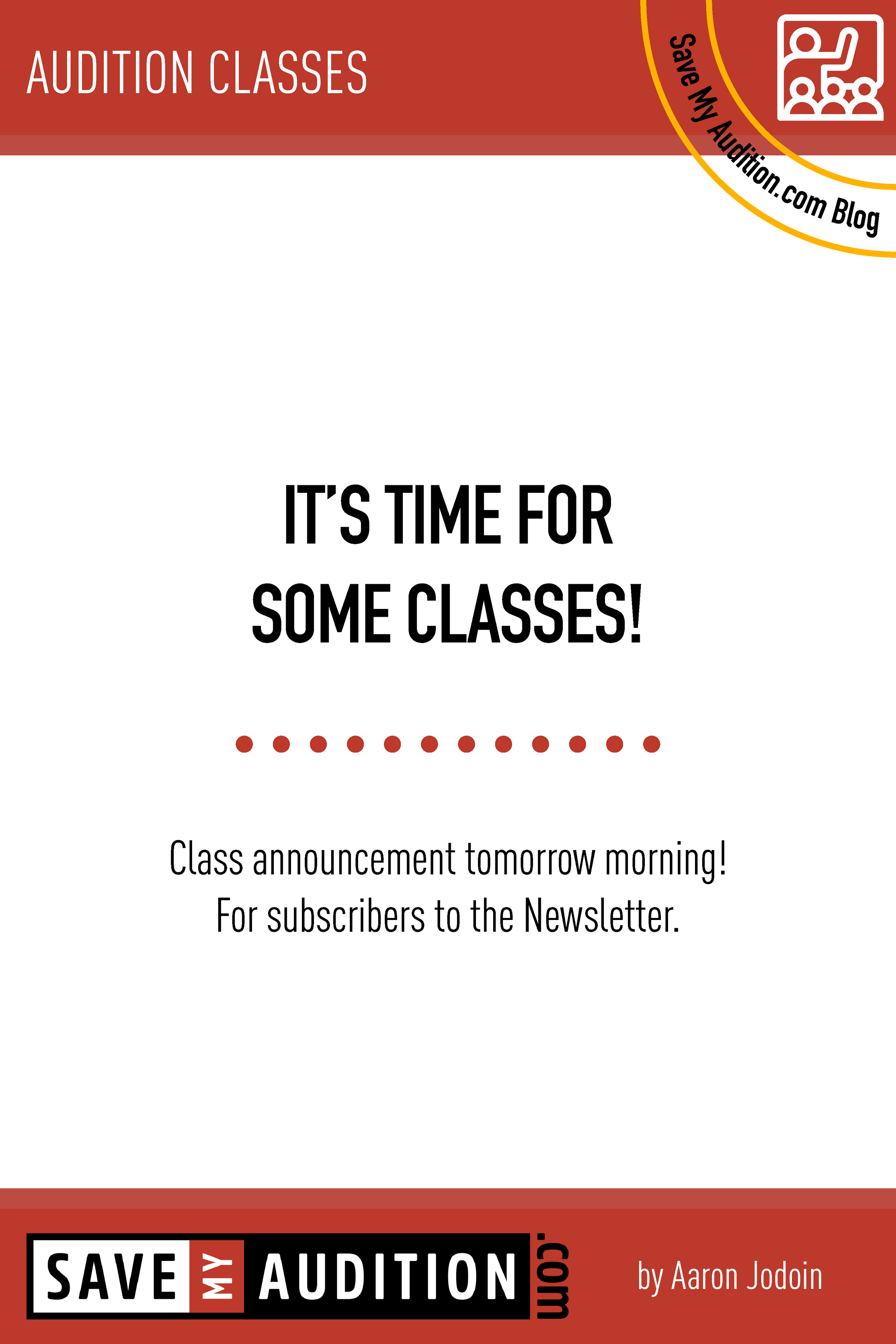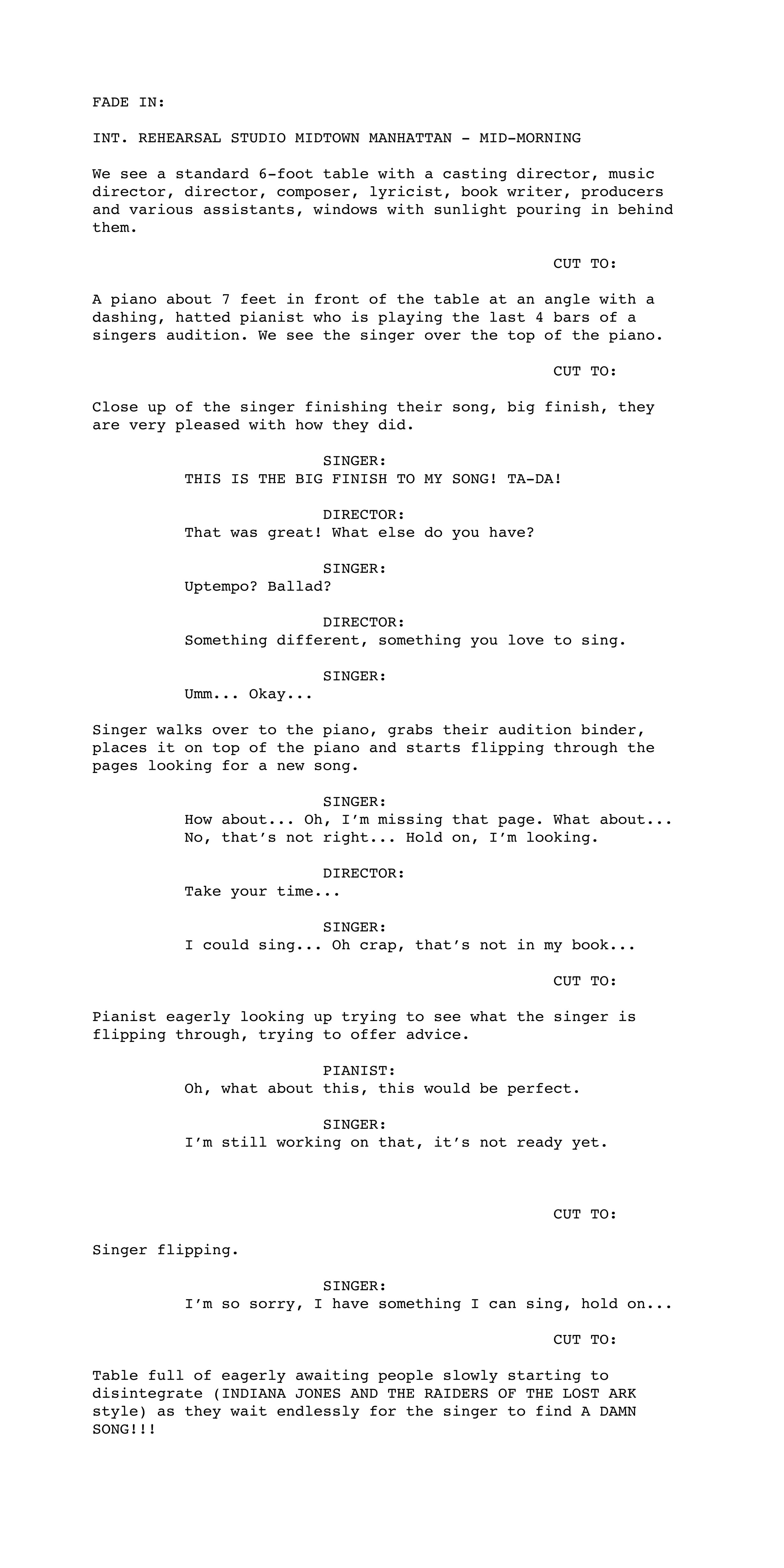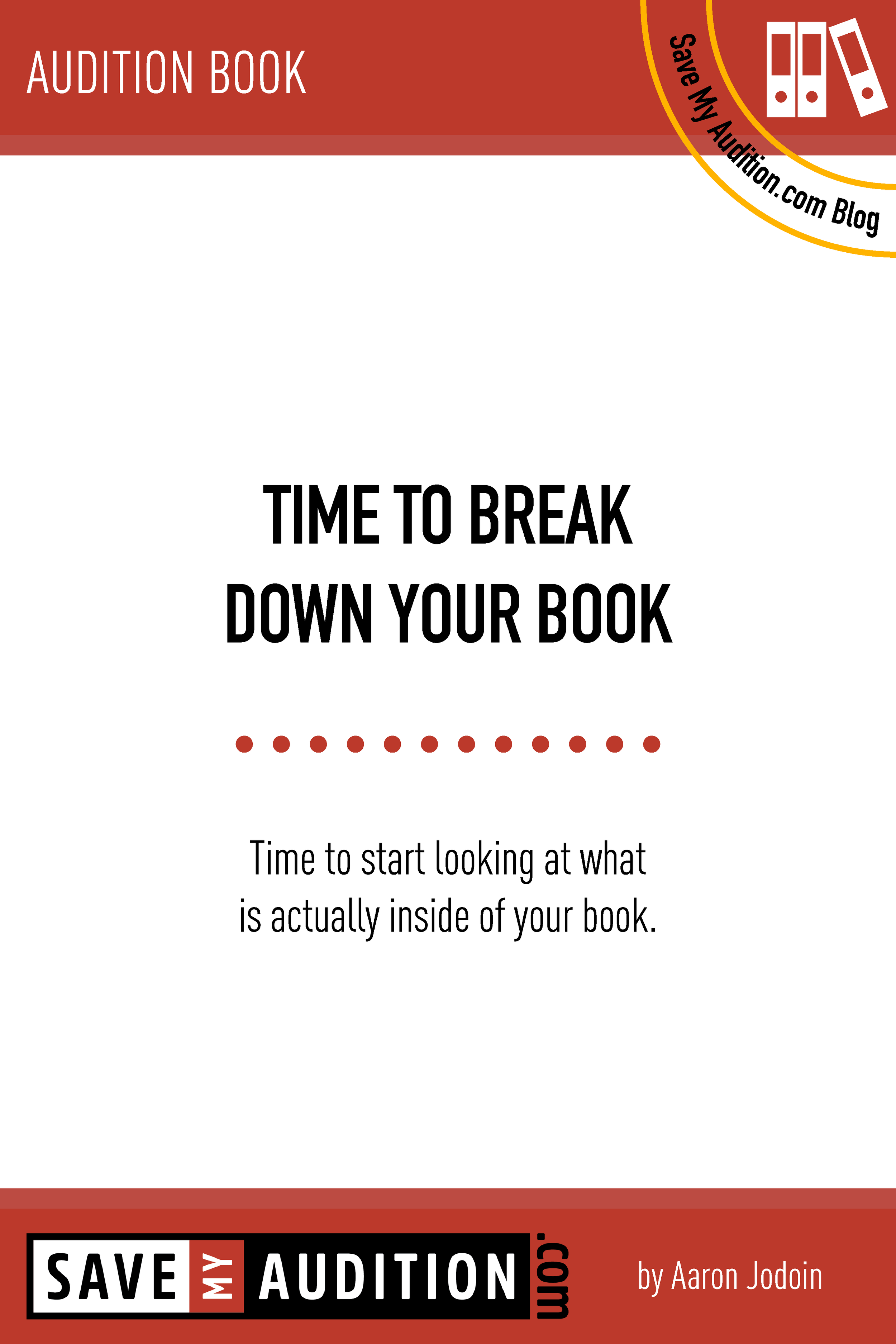We’re back! Sorry for the massive collapse in responsibility with this blog, but we’re officially back and I will strive to publish a blog post once a week!
So where did we leave off? Stephen Sondheim… Let’s now move on to Contemporary Music Theatre.
Where do we start with Contemporary Music Theatre?
That is a FANTASTIC question. My answer: I have no earthly idea. At all. So let’s define it. This is my definition and it absolutely will differ from other people. At this moment I divide this category into four subsets, ask me tomorrow that may change…
SNEAKING INTO CONTEMPORARY MUSIC THEATRE (1961–1969)
GOLDEN AGE CONTEMPORARY MUSIC THEATRE (1970-1988)
MIDDLE AGE CONTEMPORARY MUSIC THEATRE(1989-1994)
JRB AND NOT SO JRB (1995–Present)
Let’s break those down a little further and talk about what musicals are part of each subset. Again, this is my breakdown, there are easily 7 categories of CONTEMPORARY MUSIC THEATRE, perhaps we should do away with the category all together and reconsider what happened starting in 1960. But alas, there are still a lot of college programs out there that like their antiquated system of teaching music theatre. Don’t worry, I’m going to get into my thoughts on the state of music theatre in the university system at a later date. As you can probably guess…
I have some opinions.
This blog post will deal with SNEAKING INTO CONTEMPORARY MUSIC THEATRE (1961-1969). I’ll also be listing show years based on the Tony Schedule. i.e. A Chorus Line opened in 1975 but won the Tony in 1976.
SNEAKING INTO Contemporary MUSIC Theatre (1961-1969)
This is a category that starts on April 14, 1960 with the opening of Bye, Bye Birdie and ends on April 29, 1968 with the opening of Hair.
The sound and music styles spanning these years are VAST. I’m not going to break down every year but I’ll give what I think was the most important/most influential/best musical each year. Those 3 things are not always one and the same, but I’ll break down each year as best I can. Remember, opinion, mine, not others.
Also, this list will NOT include any musicals written by Stephen Sondheim, we’ve already covered him. Feel free to check out that post here.
Conrad Birdie - HONESTLY SINCERE
1961
BYE, BYE BIRDIE
Book by: Michael Stewart
Music by: Charles Strouse
Lyrics by: Lee Adams
Original Broadway run: April 14, 1960 - October 7, 1961 (607 performances)
I wouldn’t consider BYE, BYE BIRDIE in any way to be a “rock” musical, but it definitely is one of the first examples of rock starting to seep into the vernacular. Bye, Bye Birdie would pave the way for shows such as HAIR. The first instance of Rock on Broadway was the last edition of the ZIEGFELD FOLLIES in 1957. It contained one rock song “I Don’t Wanna Rock”.
Great songs:
How Lovely to be a Woman
One Last Kiss
What Did I Ever See in Him?
A Lot of Livin’ to Do
Spanish Rose
Honorable mention:
CAMELOT
1962
How to succeed in business without really trying
Book by: Abe Burrows, Jack Weinstock and Willie Gilbert
Music and Lyrics by: Frank Loesser
Original Broadway run: October 14, 1961 - March 6, 1965 (1417 performances)
It’s a hell of a musical. If you don’t know it, learn it. There is a heart warming story about Bob Fosse and Choreographer Hugh Lambert, look it up, it’s great. The quick summary is that Hugh Lambert wasn’t up to the challenge of choreographing a musical and Bob Fosse was brought on and handled it with grace.
Great songs:
ALL OF THEM!
Happy to Keep His Dinner Warm
I Believe in You
Honorable mention:
NO STRINGS
NO STRINGS was the only Broadway show in which Richard Rodgers wrote both the Music and the Lyrics. It was also his first Broadway show after the death of long time collaborator Oscar Hammerstein II.
CARNIVAL
CARNIVAL originally had an exclamation point; it was eventually dropped during the show’s run, as the director felt it gave the wrong impression, saying, “It’s not a blockbuster. It’s a gentle show.” Though one would have to look past the domestic abuse for that to be true.
1963
OLIVER!
Book, Lyrics and Music by: Lionel Bart
Original Broadway run: January 6, 1963 - November 14, 1964 (745 performances)
This was the first musical I ever saw when I was in middle school. We took a class trip somewhere and saw some production of it. I was not impressed. Though I do thoroughly enjoy some of the songs in the show. The original West End production ran for 2,618 performances. I list at for 1963 simply because of the number of productions that have happened of this show and the countless kids it has introduced to theatre. That’s important.
Great songs:
Where is Love?
As Long as He Needs Me
1964
SHE LOVES ME
Book by: Joe Masteroff
Music by: Jerry Bock
Lyrics by: Sheldon Harnick
Original Broadway run: April 23, 1963 - January 11, 1964 (301 performances)
Is there a more perfectly written musical? Probably not. It’s a perfect little gem. Surprisingly it only ran for about 8 months during its original run. It was adapted from the 1937 play PARFUMERIE by Hungarian playwright Miklós László. Other adaptations include the 1940 film THE SHOP AROUND THE CORNER, the 1949 MGM Musical IN THE GOOD OLD SUMMERTIME (staring Judy Garland and Van Johnson) and the 1998 film YOU’VE GOT MAIL.
Great songs:
Tonight at Eight
Will He Like Me?
I Resolve (one of my favorite songs of all time)
Dear Friend
Try Me
Vanilla Ice Cream
She Loves Me
A Trip to the Library
HONORABLE MENTION:
Hello, Dolly!
The role of Dolly Levi was originally written for Ethel Merman but she turned it down, as did Mary Matrin. They would both play the role down the line. Eventually Carol Channing was hired. Also, Hal Prince, Jerome Robbins and Joe Layton all turned down offers to be the Director.
110 in the Shade (Revival) THE RAIN SONG
110 in the Shade
If for some reason you do not know this show, learn it. It’s remarkably good. The Rain Song is one of the best ensemble numbers ever written.
Fun Fact:
This would be the last year there was a Tony Award for Best Conductor and Musical Director. Sad. RIP 1948-1964. You have been missed.
1965
FIDDLER ON THE ROOF
Book by: Joseph Stein
Music by: Jerry Bock
Lyrics by: Sheldon Harnick
Original Broadway run: September 22, 1964 - July 2, 1972 (3242 performances)
It’s Fiddler, it’s a great show. Bea Arthur was the original Yente the Matchmaker, which is a fact that I did not know until I did some research. It was also the first Broadway show in history to surpass 3,000 performances.
DO I HEAR A WALTZ? The version that Stephen Sondheim wrote Music and Lyrics for.
Great songs:
If I Were a Rich Man
Miracle of Miracles
Now I Have Everything
Far From the Home I Love
Honorable mention:
FLORA THE RED MENACE
This was the first Broadway production written by John Kander and Fred Ebb as a songwriting team.
DO I HEAR A WALTZ?
Richard Rodgers and Stephen Sondheim writing a musical together… What could go wrong? Apparently, a lot.
GOLDEN BOY
Just some GLORIOUS music.
1966
MAN OF La Mancha
Book by: Dale Wasserman
Music by: Mitch Leigh
Lyrics by: Joe Darion
Original Broadway run: November 22, 1965 - June 26, 1971 (2328 performances)
Originally written as a non-musical teleplay by Dave Wasserman for CBS’s DuPont Show of the Month. It was then unsuccessfully optional as a non-musical Broadway play. Eventually it was turned into a musical with a unique orchestra for the time. There were no violins or strings in the orchestra other than a Double Bass. It did however utilize Flamenco guitars which is pretty badass. W.H. Auden was the original lyricist, but his lyrics apparently were too satiric and biting.
Great songs:
I, Don Quixote
It’s All the Same
I’m Only Thinking of Him
I Really Like Him
What Does He Want of Me?
The Impossible Dream
Aldonza
HONORABLE MENTION:
SWEET CHARITY
Have you seen The Deuce on HBO? It’s like that, except not at all.
Alan Cumming - I DON’T CARE MUCH
1967
CABARET
Book by: Joe Masteroff
Music by: John Kander
Lyrics by: Fred Ebb
Original Broadway run: November 20, 1966 - September 6, 1969 (1165 performances)
After seeing one of the last rehearsals before the Boston pre-Broadway run, Jerome Robbins suggested the musical sequences outside the cabaret be eliminated. Director Hal Prince ignored his advice. But it intrigues me as a choice. I’d love to see that version of the show.
Great songs:
Mein Herr
Maybe This Time
I Don’t Care Much
Cabaret
HONORABLE MENTION:
THE APPLE TREE
3 musicals in 1! Win, win, win!
1968
HALLELUJAH, BABY!
Book by: Arthur Laurents
Music by: Jule Styne
Lyrics by: Adolph Green and Betty Comden
Original Broadway run: April 26, 1967 - January 13, 1968 (293 performances)
HALLELUJAH, BABY! is a show that chronicles the African American struggle for equality during the first half of the 20th century. Several important things to mention here, and I speak as a white male. This seems like an inappropriate story for an entirely white creative team to tell. At least Buster Davis was holding down the music fort, and hold it down he does, the musical arrangements for this show are stellar, well done sir.
Great songs:
Hallelujah, Baby!
Watch My Dust
I Wanted to Change Him
Being Good
Not Mine
Fun Fact:
JOSEPH AND THE AMAZING TECHNICOLOR DREAMCOAT was presented as a 15 minute pop cantata for the first time… Where it should have stayed.
1969
HAIR
Book and Lyrics by: Jerome Ragni and James Rado
Music by: Galt MacDermot
Original Broadway run: April 29, 1968 - July 1, 1972 (1750 performances)
HAIR. Oh, HAIR. I would consider Hair to be the first real Rock Musical. Some of the songs topped the charts. There is too much to know about HAIR to even know where to start. So do some research and learn to love it like I do. It’s a hell of a show with a hell of a backstory.
LIFE IS from Zorba.
The 1969 Tony Awards presented by Virginia Slim. Different world back then.
Great songs:
Donna
I Believe in Love
I Got Life
Going Down
Easy to be Hard
Frank Mills
Where Do I Go?
Black Boys
White Boys
Good Morning Starshine.
HONORABLE MENTION:
1776
I’m not particularly a fan of this musical, but there is a sexy number about a violin.
ZORBA
The best opening number ever to grace the Broadway stage. That is a correct opinion, I will fight you to the death.





